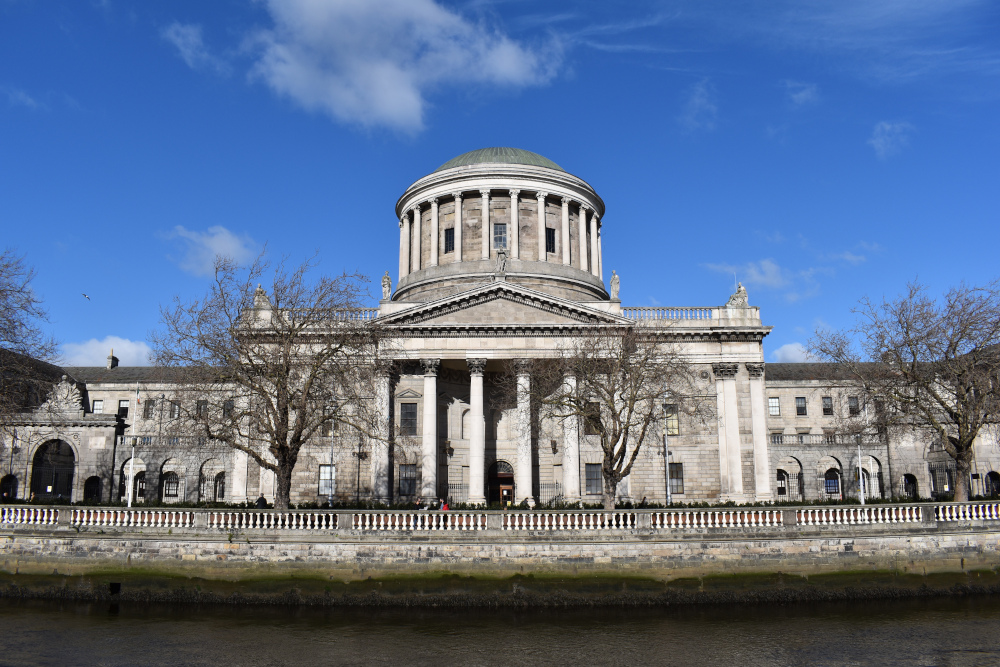Wikipedia articles influencing decision-making of Irish judges

Wikipedia is influencing the decision-making of Irish judges, according to ground-breaking new research carried out by academics in the US and Ireland.
A paper due to be published online today and in The Cambridge Handbook of Experimental Jurisprudence next year reports what its authors believe to be the first randomised field experiment that investigates the influence of any non-procedural factor on judicial behaviour.
For the experiment, faculty and students at Maynooth University drafted 154 articles for Wikipedia on Supreme Court cases, half of which were published in 2019 and 2020 and half of which were held back to form a control group. The published articles were viewed tens of thousands of times by the start of 2022.
The researchers — Neil C. Thompson of MIT; Dr Brian Flanagan, Dr Edana Richardson and Dr Brian McKenzie of Maynooth; and Xueyun Luo of Cornell University — say that the addition of a Wikipedia article generates an increase in citations “equivalent to 25 per cent of pre-intervention levels”.
“[T]he addition of a Wikipedia article is substantially increasing citations to these Supreme Court cases in subsequent Irish court cases,” their paper states. “Moreover, this result is statistically significant, meaning that it passes the accepted standards for distinguishing a real effect from one that could arise by chance.”
They note that the effect “comes nearly entirely from changes to the citing behaviour of judges issuing decisions in the High Court, a court of first instance”, with “only small and statistically insignificant changes to the citing behaviour of Supreme Court of Court of Appeal judges”.
“This reveals that not all judges are affected, only those in courts of first instance, where caseloads are heaviest and the demand for expedience is greatest,” they say.
The paper also states that there is a “textual similarity” between the Wikipedia articles and the judgments in which the cases are subsequently cited, suggesting that judges are not using Wikipedia as “merely a stepping-stone to other, more authoritative sources”.
Even after removing direct quotations from the Wikipedia articles, the results “remain steady and statistically significant, revealing that the contextualisation of the case by law students on Wikipedia is itself influencing judicial reasoning”.
The researchers conclude that there is “a gap that needs to be filled” in terms of an “easily accessible source of knowledge [for judges] that is also authoritative”.
It suggests that a possible model is “the US-based Oyez Project, which, in collaboration with Justia, offers free synopses of recently published decisions of the U.S. Supreme Court and of the Court of Appeal that, unlike those of Wikipedia, are authored or editorially supervised by legal professionals”.
“Our experiment reveals that initiatives along these lines would be valuable and that they might help protect the foundational expectation of how legal decisions ought to be made: that they should be based on carefully-considered expertise about what laws and precedents say, and never be at the mercy of internet ghost-writers,” they state.









